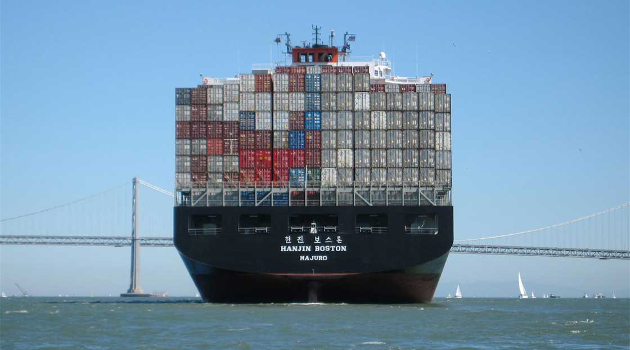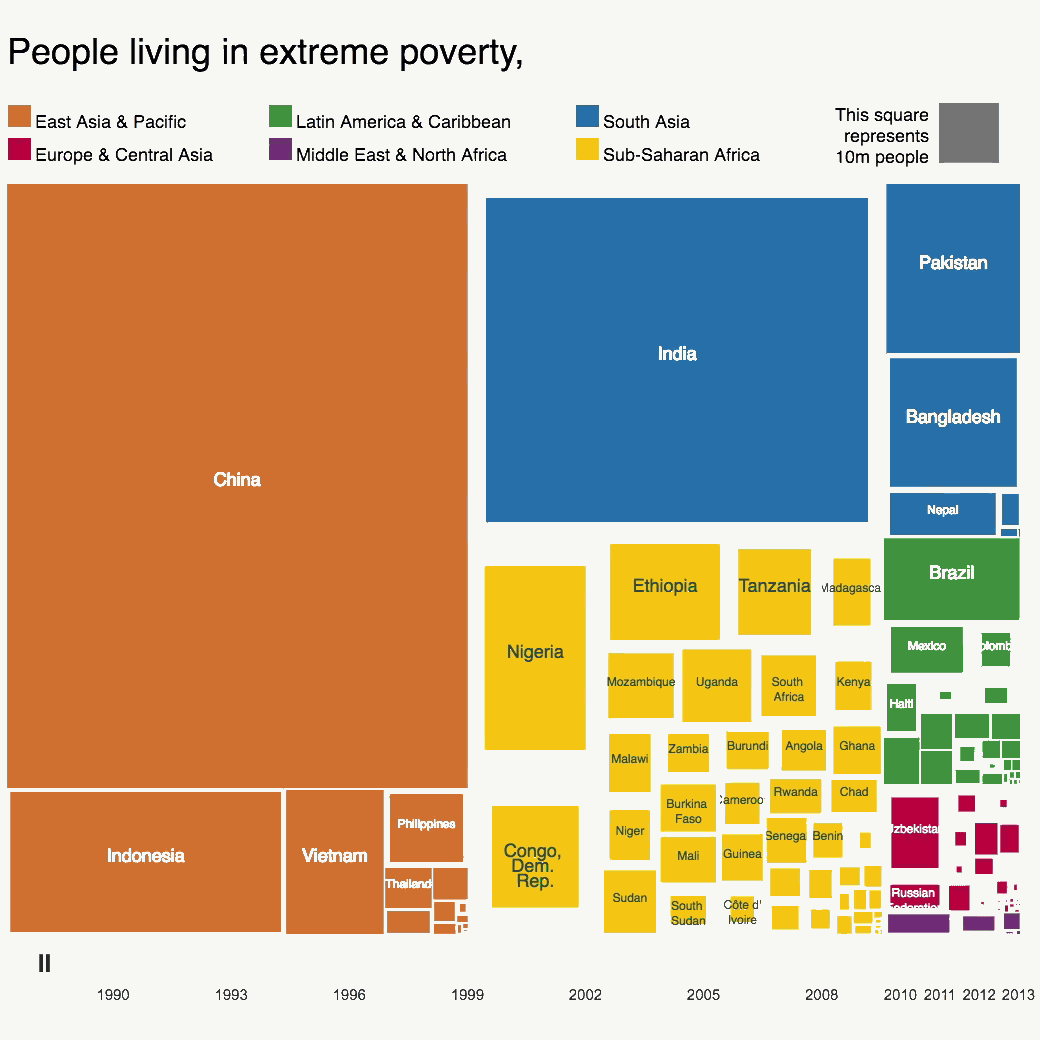I’ve shared several videos (here, here, here, and here) that use rigorous data to show that grinding poverty and severe material deprivation was the norm for humanity – until capitalism gained a foothold a few hundred years ago.
Fortunately, as free enterprise has gradually spread around the world, there’s been a remarkable increase in living standards, leading to a stunning drop in poverty.
For today’s column, let’s look at some new academic evidence about the link between capitalism and poverty reduction.
Here the abstract of a new study by Colin Doran and Thomas Stratmann of George Mason University.
We study the relationship between economic freedom and poverty rates in 151 countries over a twenty–year period. Using the World Bank’s poverty headcounts of those living on less than $1.90 per day, $3.20 per day, and $5.50 per day, we find evidence that economic freedom, measured by the Heritage Foundation’s Index of Economic Freedom, is associated with lower poverty rates. We also test the effect of various components of the Index of Economic Freedom. We find that a government’s integrity and a country’s trade freedom are associated with lower poverty rates.
Keep in mind that this study is looking at the relationship between free markets and extreme poverty (not the relatively comfortable type of poverty that exists in the United States).
More specifically, the authors were investigating the impact of public policy on people who live on between about $700-$2000 per year. In other words, poor people in poor nations.
And the big takeaway is that capitalism leads to less poverty, but what really makes a difference is to have open trade and less corruption.
The good news is that we know how to get free trade. Just get rid of protectionist policies.
The bad news is that corruption in government is a much more challenging topic. Yes, shrinking government would mean less opportunity for graft, but that doesn’t solve the problem of delivering “public goods” in a competent and honest manner.
P.S. Foreign aid makes things worse rather than better.
P.P.S. Click here is you want to learn about poverty reduction in rich nations.
———
Image credit: Mgunn | Public Domain.



